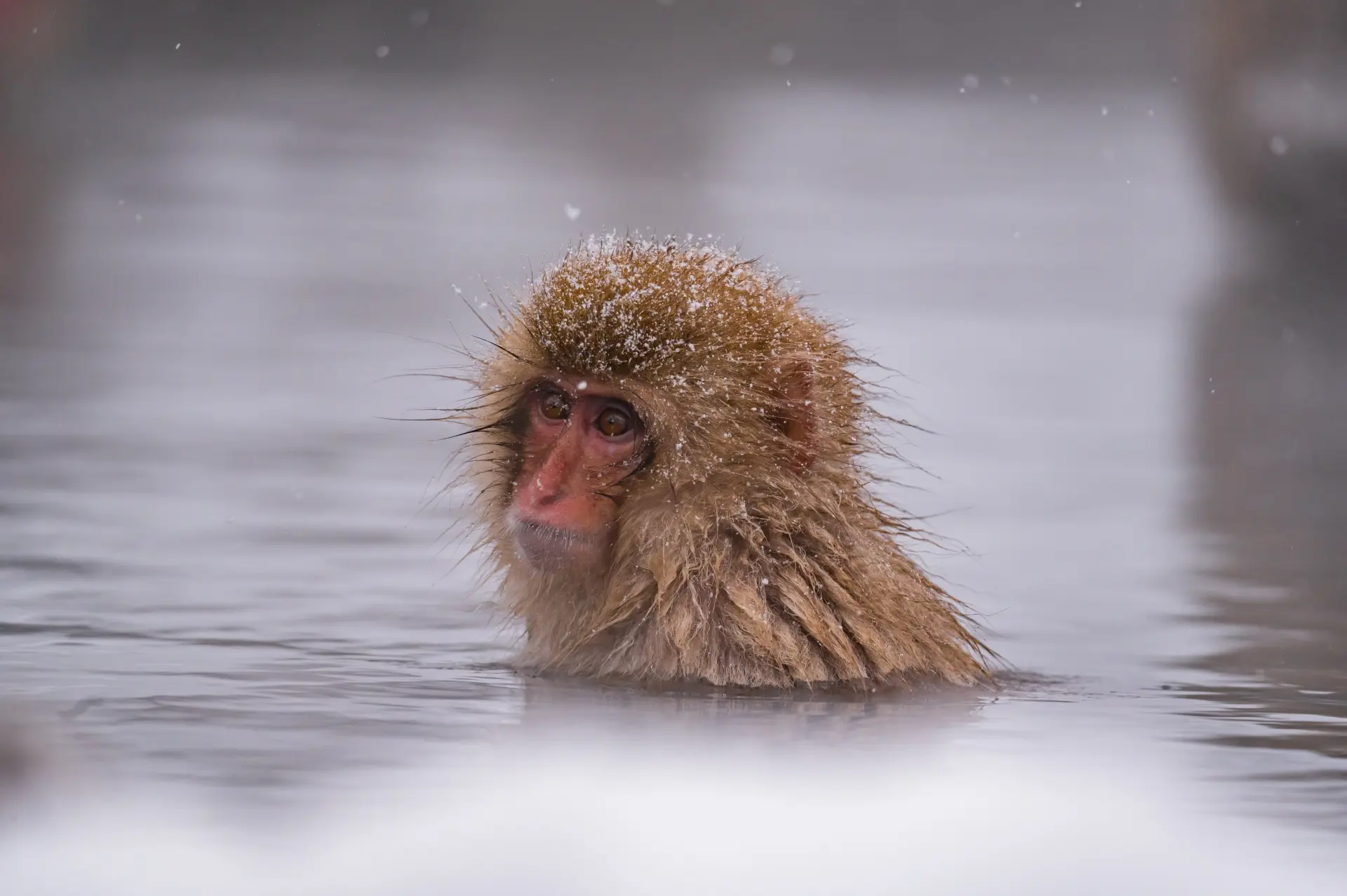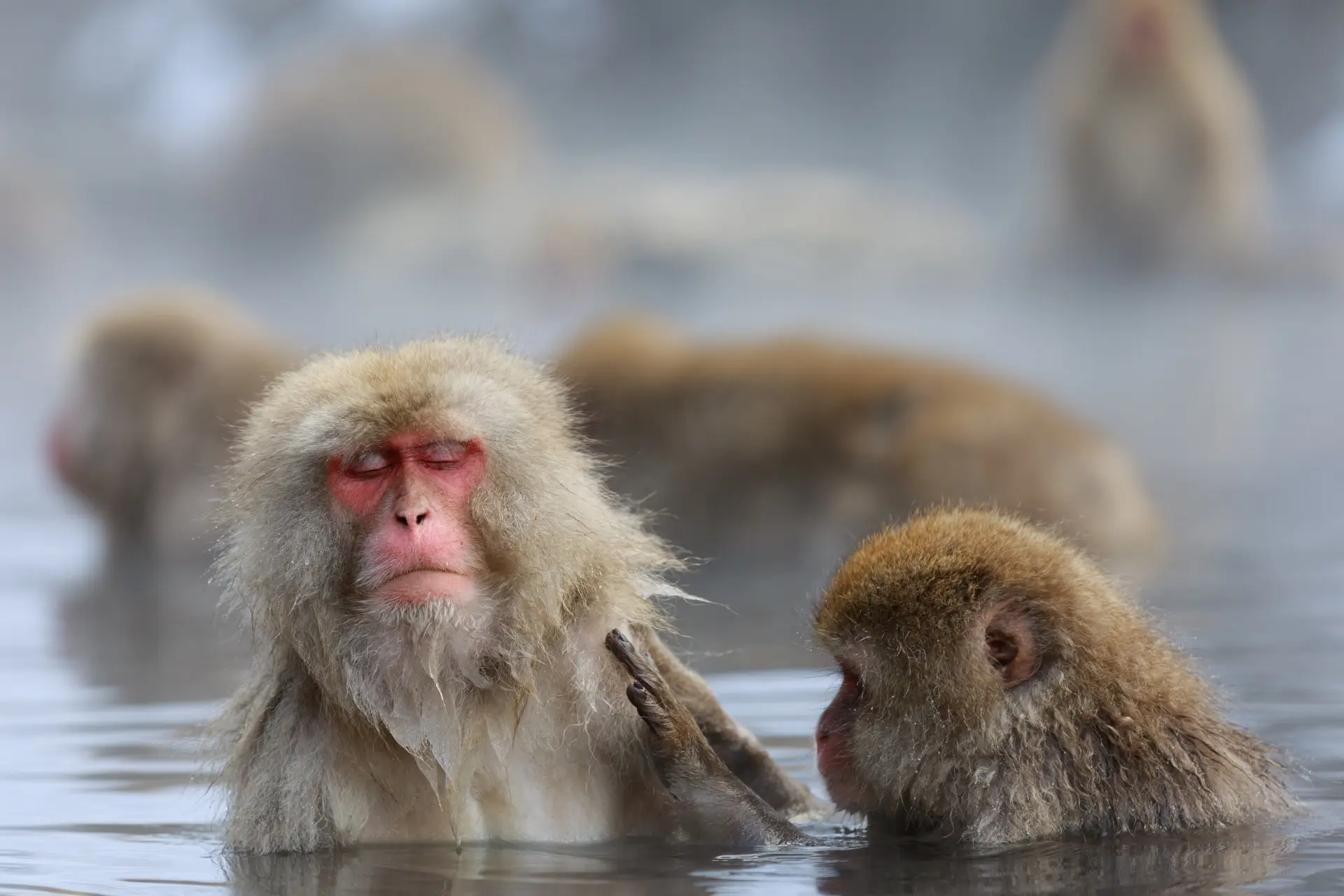+ Explore Other Areas
Tokyo, Osaka, Kyoto, Hokkaido, Fukuoka, Okinawa, Nara, Kanagawa, Aichi, Hiroshima, Yamanashi, Nagano, Oita, Gifu, Ishikawa, Shizuoka, Hyogo, Kumamoto, Miyagi, Wakayama, Nagasaki, Tochigi, Kagawa, Niigata, Kagoshima, Okayama, Chiba, Iwate, Aomori, Shiga, Gunma, Fukushima, Toyama, Ehime, Mie, Ibaraki, Saitama, Yamagata, Saga, Kochi, Tokushima, Miyazaki, Yamaguchi, Akita, Tottori, Fukui, Shimane
Nagano, located in central Japan, is a prefecture celebrated for its majestic mountains, historic temples, and outdoor adventures. Known as the gateway to the Japanese Alps, Nagano offers year-round activities, from skiing in winter to hiking and hot springs in summer.
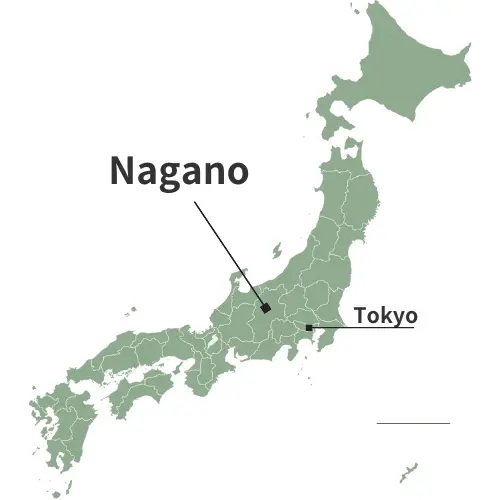
It’s also a spiritual haven, home to the renowned Zenkoji Temple.
Visitors can enjoy pristine nature, traditional villages like Tsumago, and world-class ski resorts in areas such as Hakuba. With its rich history, natural beauty, and delicious local cuisine, Nagano is a must-visit destination for both adventure seekers and those looking to unwind.
Top Areas to Explore in Nagano
1. Zenkoji Temple and Nagano City
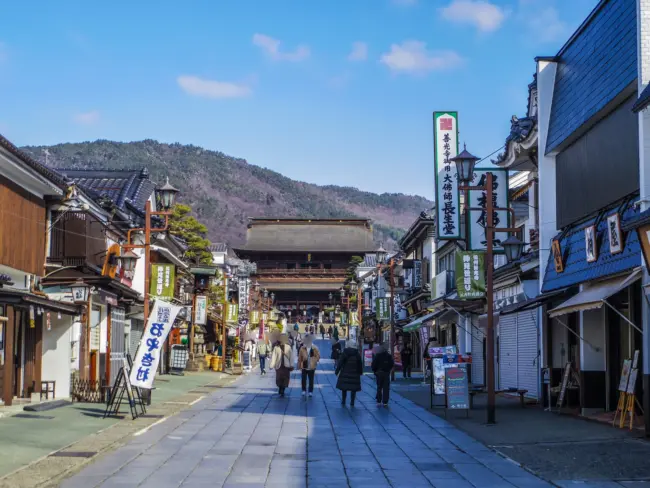
- Why Visit: One of Japan’s most important Buddhist temples and a cultural hub.
- Highlights:
- Zenkoji Temple: A historic temple welcoming visitors of all faiths, featuring stunning architecture and serene grounds.
- Omotesando Street: Stroll along this traditional street filled with shops, cafes, and local specialties.
- Nagano Olympic Museum: Learn about the 1998 Winter Olympics and Nagano’s legacy as a sports destination.
2. Hakuba
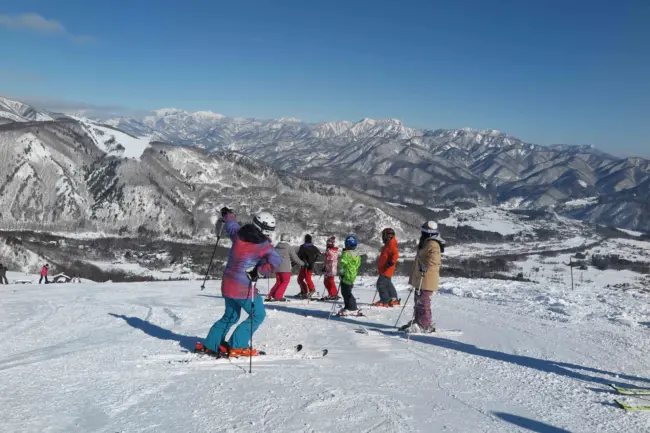
- Why Visit: A premier destination for skiing, snowboarding, and mountain adventures.
- Highlights:
- Hakuba Valley: A world-class ski resort area with slopes for all skill levels.
- Hiking Trails: Enjoy scenic alpine hikes in summer with breathtaking mountain views.
- Hot Springs: Relax in onsen with panoramic views of the Japanese Alps.
3. Matsumoto
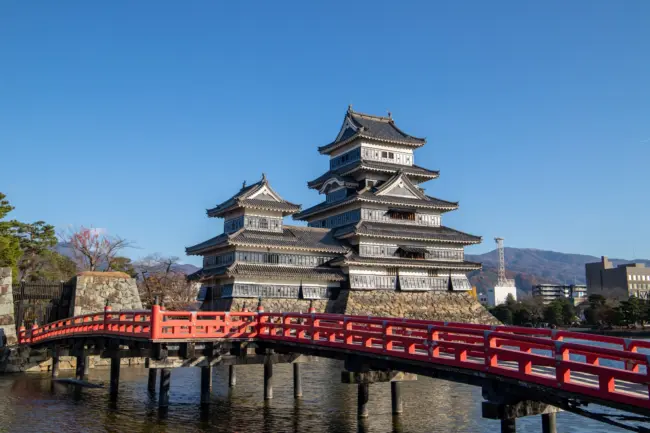
- Why Visit: A historic city known for its well-preserved castle and vibrant arts scene.
- Highlights:
- Matsumoto Castle: One of Japan’s most beautiful and well-preserved original castles.
- Nakamachi Street: Explore this charming district with traditional buildings and local craft shops.
- Matsumoto City Museum of Art: Featuring works by world-renowned artist Yayoi Kusama.
4. Jigokudani Monkey Park
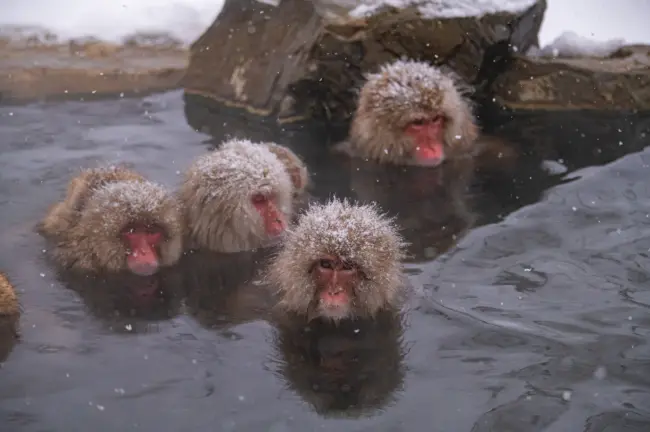
- Why Visit: A unique opportunity to see wild Japanese macaques bathing in hot springs.
- Highlights:
- Snow Monkeys: Observe these playful macaques in their natural habitat, especially photogenic in winter.
- Scenic Trails: Enjoy a picturesque walk through the forest to reach the park.
- Winter Views: Visit during the snowy season for the best experience.
5. Kiso Valley and Tsumago
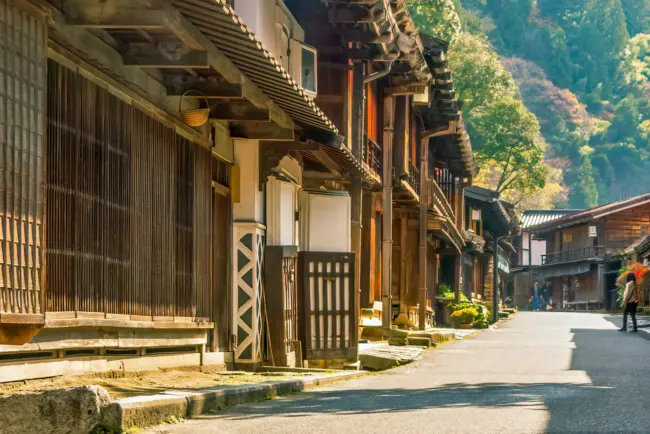
- Why Visit: A beautifully preserved Edo-period post town along the historic Nakasendo Trail.
- Highlights:
- Tsumago Post Town: Walk through this picturesque village with traditional wooden buildings.
- Nakasendo Trail: Hike the scenic trail between Tsumago and Magome for a glimpse into Japan’s past.
- Local Crafts: Explore shops selling handmade crafts and souvenirs unique to the region.
Experience Nagano Cuisine
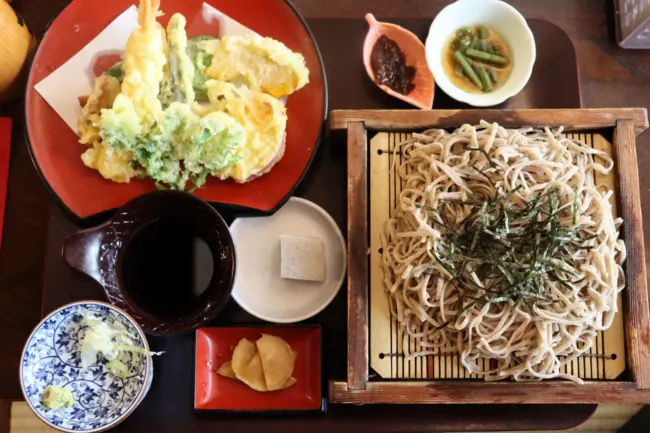
Nagano offers a rich culinary tradition rooted in its mountainous landscape. Try soba noodles, made from locally grown buckwheat, or oyaki, savory dumplings filled with seasonal vegetables. Don’t miss Shinshu apples, a regional specialty celebrated for their crisp texture and sweetness.
For a warm treat, enjoy nozawana pickles or a hearty bowl of Shinshu miso soup. Pair your meal with locally brewed sake or craft beer, made with pristine mountain water.
Nagano: Basic Information
Location
Nagano is located in central Japan, surrounded by the Japanese Alps and known for its stunning natural landscapes.
Neighboring Areas
Niigata, Gifu, Toyama, Yamanashi, Gunma
Best Seasons to Visit
- Spring (March to May): Cherry blossoms at Matsumoto Castle and alpine flowers in the Japanese Alps.
- Summer (June to August): Enjoy hiking in Hakuba and Kiso Valley’s lush greenery.
- Autumn (September to November): Admire stunning autumn foliage at Zenkoji Temple and Tsumago.
- Winter (December to February): Ski in Hakuba and visit Jigokudani Monkey Park’s snow-covered hot springs.
How to Get to Nagano
By Train
The Hokuriku Shinkansen connects Tokyo to Nagano City in about 1.5 hours, with easy access to other areas like Matsumoto and Hakuba.
By Bus
Highway buses link Nagano’s major cities and attractions to Tokyo, Osaka, and neighboring prefectures, offering budget-friendly travel options.
Transportation in Nagano
Getting around Nagano is convenient with these transportation options:
- Trains: JR lines and local railways connect key attractions such as Matsumoto, Hakuba, and Zenkoji Temple.
- Buses: Local and sightseeing buses serve rural areas, including Jigokudani Monkey Park and Kiso Valley.

